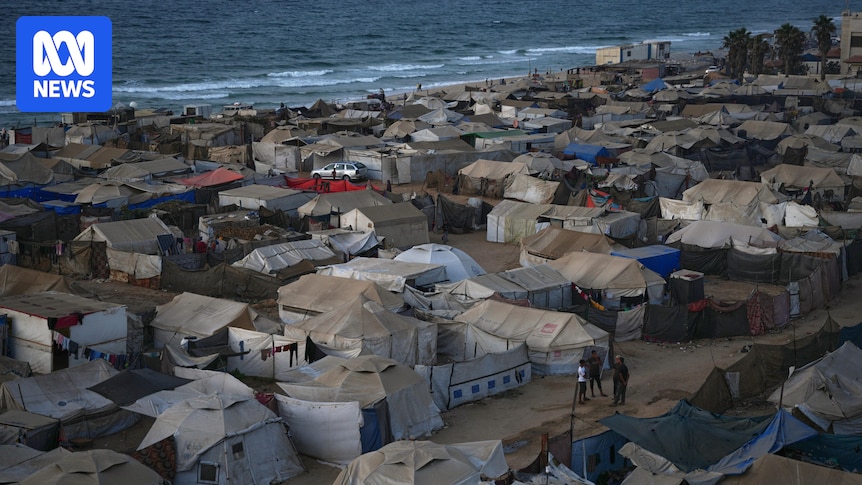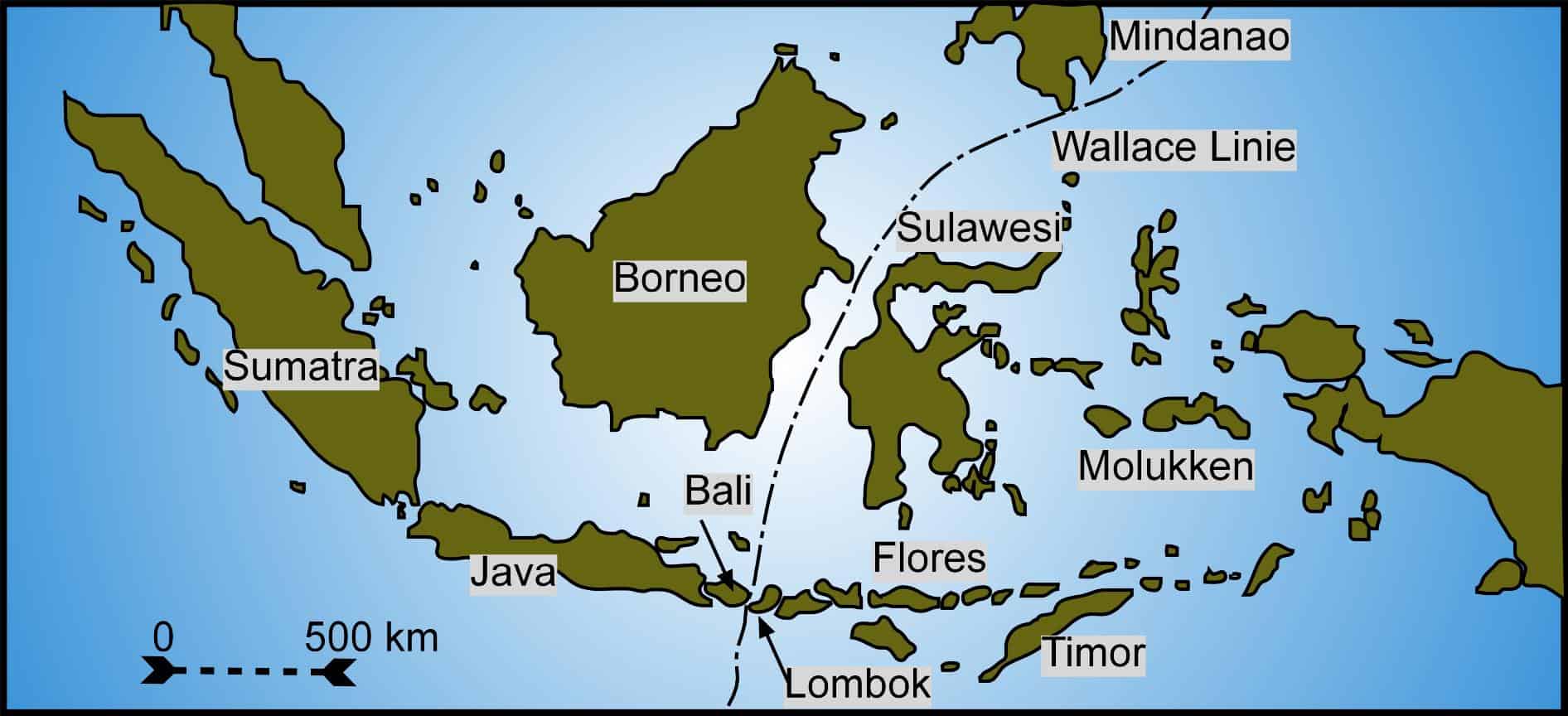
The remains of three individuals handed over by Hamas to the Red Cross in Gaza have been confirmed by Israel as not belonging to hostages, marking a significant setback in the US-brokered ceasefire between Israel and Hamas. This development follows Israel’s return of 30 Palestinian bodies to Gaza on Friday, completing an exchange after militants handed over the remains of two hostages earlier in the week.
Israeli Prime Minister Benjamin Netanyahu’s office announced on Saturday that the remains were not those of the hostages. The identities of the returned bodies remain unclear. Hamas’s armed wing stated that it had offered to provide samples of unidentified bodies, which Israel declined, preferring to examine the remains directly. “We handed the bodies over to stop the claims of Israel,” the group said in a statement. Health officials in Gaza have faced challenges in identifying bodies due to a lack of DNA kits.
Ceasefire Under Strain
Since the ceasefire commenced on October 10, Palestinian militants have released the remains of 17 hostages, while 11 remain in Gaza. The process has been gradual, with militants releasing one or two bodies every few days, prompting Israel to urge faster progress. Hamas has cited complications due to widespread devastation and the presence of Israeli military forces in some areas.
Israel has been exchanging unidentified Palestinian remains for Israeli hostages, returning 225 bodies since the ceasefire began. Of these, only 75 have been identified by families, according to Gaza’s Health Ministry. The origins of these remains, whether from the October 7, 2023, Hamas-led attack on southern Israel, Israeli custody, or recovered by troops, remain uncertain.
The fragile truce faced a major challenge this week when Israeli airstrikes across Gaza resulted in over 100 deaths, following the killing of an Israeli soldier in Rafah, Gaza’s southernmost city.
Security Concerns and International Involvement
Jordan’s Foreign Minister Ayman Safadi warned that Israel’s continued military presence in Gaza jeopardizes the ceasefire. Speaking at the Manama Dialogue security summit, Safadi emphasized the need for a Palestinian police force supported by an international stabilization force with a UN Security Council mandate. “With Israel staying in Gaza, I think security is going to be a challenge,” he stated, adding that Israel’s control over 53 percent of Gaza is untenable for lasting security.
The US peace plan includes a 20-point strategy for forming a temporary international stabilization force comprising Arab and other partners to work with Egypt and Jordan on securing Gaza’s borders and upholding the ceasefire. The US has ruled out deploying American soldiers in Gaza.
General Dan Caine, Chairman of the Joint Chiefs of Staff, met with Israeli officials on Saturday to discuss the situation. Several nations have expressed interest in participating in a peacekeeping force but require a clear UN mandate before committing troops. Other unresolved issues include Hamas’s disarmament, governance of postwar Gaza, and the timing and expansion of humanitarian aid.
Indonesia’s Potential Role in Peacekeeping
Indonesia, the world’s most populous Muslim nation, has offered thousands of troops for Gaza. However, as Indonesian Foreign Minister Sugiono noted, “details, or the term of reference for that matter, remain unclear.” He emphasized the necessity of a UN Security Council mandate, which is yet to be discussed. Indonesian officials have also advocated for an independent Palestinian state while stressing the importance of ensuring Israel’s safety and security.
The Human Cost of War
The ongoing conflict, the deadliest and most destructive between Israel and Hamas, began with the October 7, 2023, Hamas-led attack that resulted in approximately 1,200 deaths and 251 hostages. According to Gaza’s Health Ministry, over 68,600 Palestinians have been killed in Gaza, a figure that does not differentiate between civilians and combatants. The ministry, part of the Hamas-run government, maintains records that are generally considered reliable by independent experts.
Israel has denied allegations of committing genocide in Gaza, as reported by a UN commission of inquiry and other organizations, and disputes the casualty figures without providing an alternative count.
As the situation remains tense, the international community continues to seek solutions to stabilize the region and address the humanitarian crisis, while the ceasefire hangs in a delicate balance.







